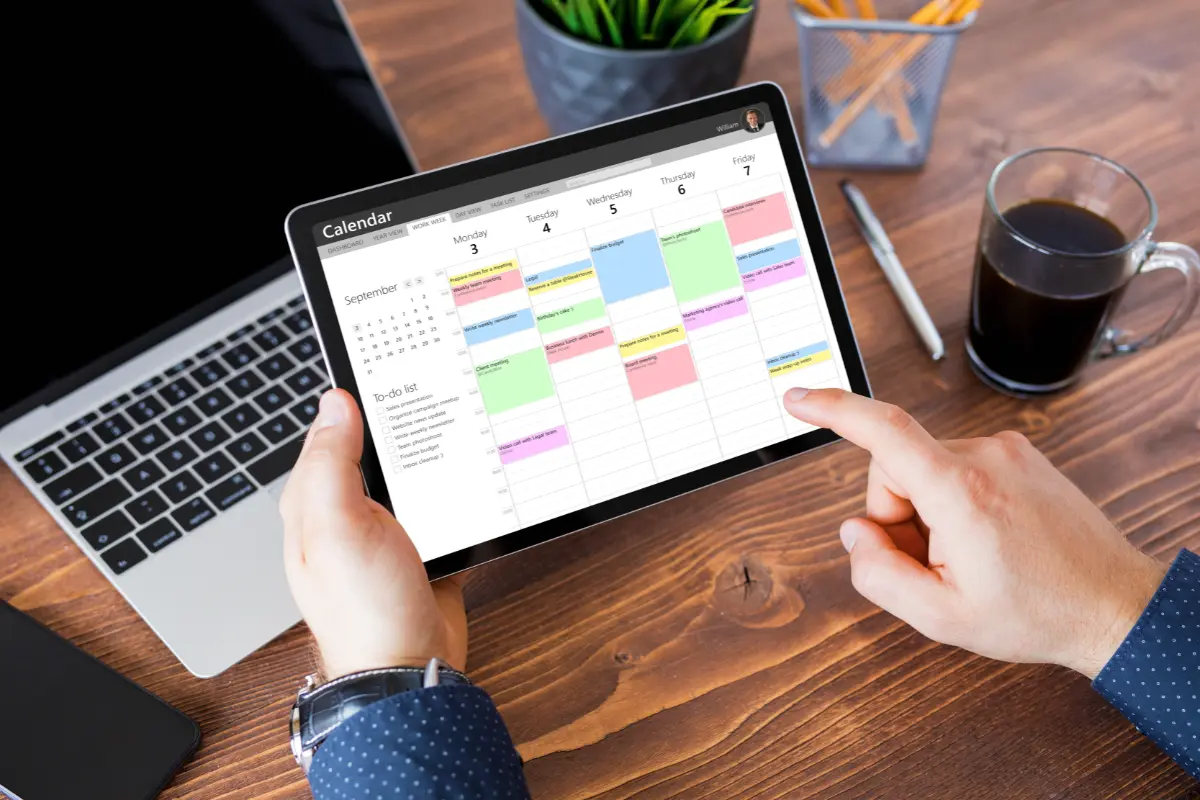
Digital Efficiency: Blockchain Integration in Daily Productivity Apps
In today’s fast-paced world, maximizing productivity is crucial for individuals and businesses. The rise of digital tools has made it easier to manage tasks, communicate efficiently, and stay organized.
However, concerns regarding privacy, data security, and efficiency have emerged with an increasing reliance on centralized systems. Enter blockchain, a technology known for decentralization and security. Now, it’s making its way into daily productivity apps, promising to revolutionize how we manage tasks and collaborate.
You might want to explore innovative solutions if you’re a forward-thinking professional looking to enhance your productivity while keeping your data safe. Bybit App Download offers a seamless experience for those interested in blockchain’s potential, especially in crypto trading.
Let’s discuss how we can integrate blockchain into our daily lives, especially in task management.
Why Blockchain?
Blockchain technology is often associated with cryptocurrencies, but its potential stretches far beyond. At its core, blockchain offers a decentralized, distributed ledger that is transparent, secure, and immutable.
Unlike traditional centralized systems, where a single authority controls data, blockchain allows for distributed control. This structure ensures that data is tamper-proof and secure, making it a natural fit for applications where privacy and accuracy are paramount.
For productivity apps, integrating blockchain means task management can be decentralized, providing enhanced security, transparency, and efficiency. Users can trust that their data is safe from external tampering or internal mishandling, which has long been a concern in traditional systems.
Decentralized Task Management: A New Frontier
In conventional task management systems, tasks, deadlines, and progress are stored on a centralized server. These systems work well until they don’t, vulnerabilities such as server downtime, hacks, and unauthorized data access can cause disruptions and data loss. Decentralizing task management through blockchain can eliminate these risks.
Blockchain-based productivity apps store tasks and updates across multiple nodes, ensuring no single point of failure. The decentralized structure means that the system’s integrity remains intact even if one node is compromised. It can prove especially useful in collaborative projects involving multiple parties, and data security is a top priority.
Moreover, blockchain enables immutable records of task assignments and completions. Once a task is created or updated, it’s permanently recorded on the blockchain. You can’t alter such records, ensuring transparency and accountability across all team members.
Imagine a situation where a task’s deadline or requirements were changed without the team’s knowledge. Such an incident could lead to confusion and delays in a traditional system.
However, with blockchain, any change made to a task is visible to all involved parties, with a clear history of what was changed and when. This transparency prevents misunderstandings and promotes trust and accountability within the team.
Enhanced Collaboration Through Smart Contracts
One of the most exciting aspects of blockchain technology in task management is the potential for smart contracts. A smart contract is a self-executing contract where the terms of the agreement are directly written into lines of code. These contracts automatically enforce themselves when the agreed-upon conditions are met, eliminating the need for intermediaries.
In the context of productivity apps, smart contracts can automate various tasks, such as assigning responsibilities, sending reminders, and verifying task completion.
For example, a team could set up a smart contract that automatically assigns a task to the next available team member once a prerequisite task is completed. Additionally, payments or rewards for completing tasks could be automatically released via smart contracts, streamlining the process and reducing administrative overhead.
This automation is beneficial in larger teams or collaborative projects, where coordination can become chaotic. By automating task assignments and progress tracking, smart contracts reduce the time spent managing logistics, allowing team members to focus on more critical work.
Security and Privacy in Blockchain-Based Productivity Apps
As productivity apps handle a wealth of sensitive data, from personal details to project specifics, security is a significant concern. With their centralized nature, traditional systems often struggle to ensure complete data privacy and security. A single breach can compromise the entire system, exposing all user data.
Due to blockchain’s decentralized nature, data security is significantly enhanced. Information is encrypted and stored across multiple nodes, making it virtually impossible for hackers to alter or delete data without detection. Additionally, users control their data, deciding who can access it and under what conditions.
For instance, in a blockchain-based productivity app, you could grant a colleague temporary access to your task list while maintaining complete control over what they can see and do. Once their access is no longer needed, the blockchain automatically revokes it, ensuring your privacy is upheld.
Examples of Blockchain Integration in Productivity Apps
Several emerging productivity platforms are already exploring blockchain’s potential. For example, platforms like Trello on Blockchain aim to decentralize task management, making it more secure and transparent for users.
Integrating blockchain also allows these platforms to introduce features like token-based rewards for completing tasks, which can enhance motivation and engagement.
Another example is the Bybit App, where users can explore blockchain’s impact on financial management and productivity tasks. This app combines these two essential areas for today’s tech-savvy professionals.
The Future of Productivity Apps and Blockchain
Blockchain integration in productivity apps is still in its early stages, but the potential is enormous. The demand for blockchain-based solutions will only grow as more people recognize the importance of security, transparency, and decentralization in managing their daily tasks.
Blockchain offers the ability to decentralize task management, automate processes through smart contracts, and enhance security, paving the way for a more efficient, productive future. As these applications evolve, we can expect to see new features and innovations that will transform how we work, making tasks more streamlined, transparent, and secure.
Conclusion
Blockchain’s decentralized nature and smart contract functionality are well-suited for task management and productivity apps. By integrating blockchain into these platforms, we can achieve greater efficiency, enhanced collaboration, and robust security, ensuring a future where productivity tools work seamlessly and securely in the background. At the same time, we focus on getting things done.

